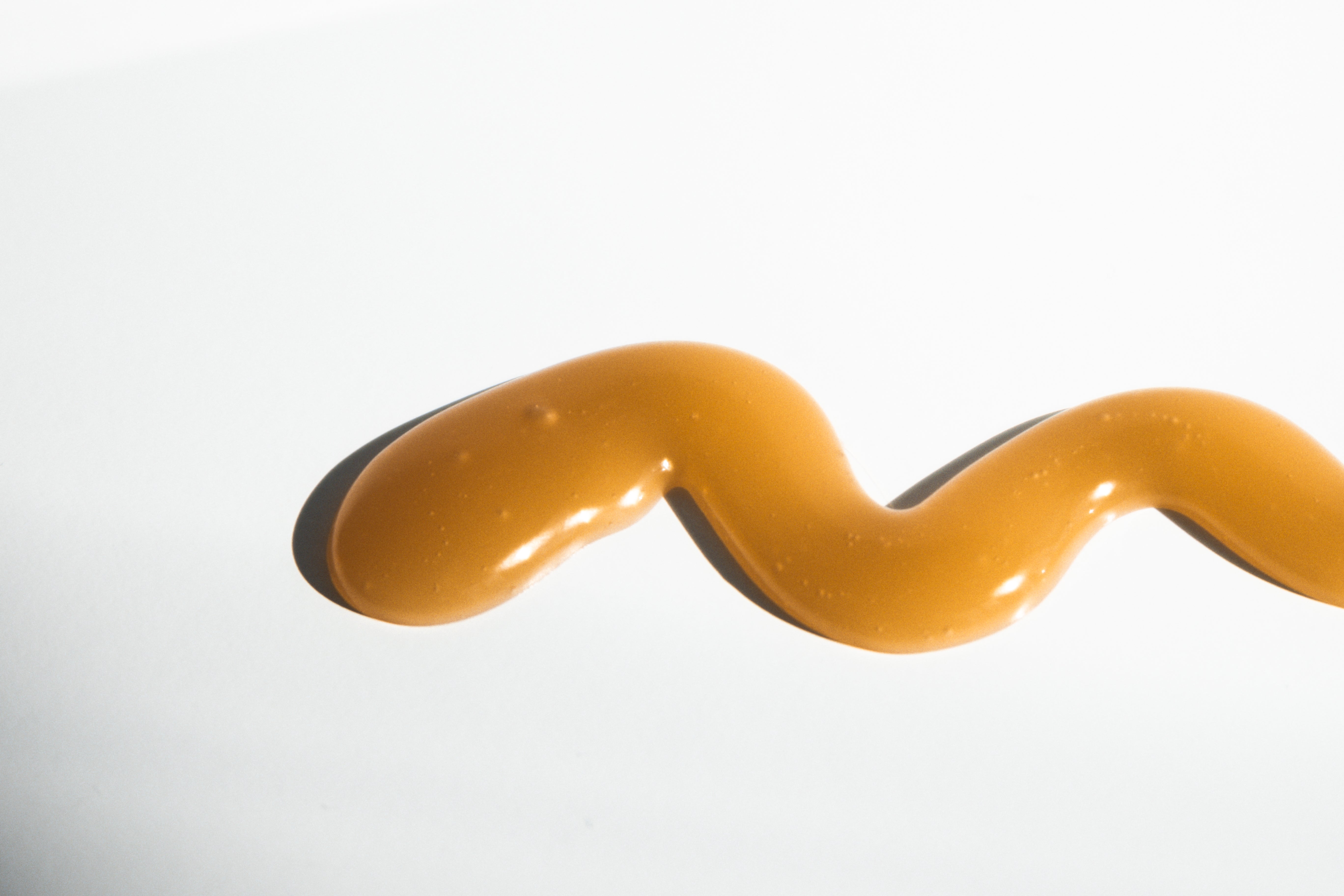Can CBD help with autoimmune diseases?

With all of the benefits full spectrum CBD offers, it’s not surprising that this cannabinoid has found its way into the daily care routines of those who deal with any number of health concerns.
Now, some people who suffer from autoimmune disease and immune deficiency disorders are wondering if CBD might be beneficial in helping to manage their health. Read on to learn more about how CBD may help with autoimmune disease.
What is autoimmune disease?
Autoimmune disorders are conditions where the body experiences an abnormal immune response. These responses can manifest as either too little immune activity (immune deficiency disorders) or too much (autoimmune disease); in the case of too little immune activity, the body is left vulnerable to fight infection and disease. In the case of an overactive immune system, the body attacks its own tissues, leaving them damaged.
According to WebMD.com, in the case of autoimmune disease, “In response to an unknown trigger, the immune system may begin producing antibodies that instead of fighting infections, attack the body's own tissues. Treatment for autoimmune diseases generally focuses on reducing immune system activity.”
What are some types of autoimmune disease?
Autoimmune diseases, those that stem from an overactive immune system, can affect tissue, skin, joints, digestive systems, and more. Some examples include multiple sclerosis, rheumatoid arthritis, psoriasis, Graves disease, lupus, Hashimoto’s thyroiditis, and Inflammatory Bowel Disease (IBD), which includes Crohn’s disease and ulcerative colitis.
Autoimmune disease and the endocannabinoid system
Our bodies contain the endocannabinoid system (ECS), a complex network that helps govern many functions of the body, from metabolism, mood, pain and skin health to inflammation and sleep. The ECS is responsible for helping the body to achieve–and stay in–balance, or homeostasis. Immune function also falls under the umbrella of the incredibly important endocannabinoid system.
Within our central nervous and immune systems (among other organs), naturally occurring endocannabinoid receptors (CB1 and CB2) reside, ready to be called upon when the body needs help returning to homeostasis. Once the body activates the ECS and its naturally-occurring cannabinoids, the CB1 and CB2 receptors can interact with them and help bring the body back to balance.
According to CFAH.org, “The ECS works ‘on-demand,’ meaning it only gets activated when the body needs its assistance. The endocannabinoids are available for use only for a short span, and worse yet, the ECS doesn’t store them for later. The system depends on its own ability to produce more cannabinoids ‘here and now.’At some point, the ECS becomes deficient in cannabinoids, compromising the activity of other systems and organs (2).
When you take CBD, it indirectly interacts with your endocannabinoid system, signaling it to produce more of its natural cannabinoids. It also inhibits the enzyme that breaks them down, so you end up with more endocannabinoids circulating in the body for a longer duration. Your body can use them more efficiently and return to homeostasis.”
Using CBD to help manage autoimmune disease symptoms
So how does full spectrum CBD work to help manage symptoms of autoimmune disease? According to CFAH.org, “Cannabis compounds such as CBD are known to modulate the immune system. They act as regulators, bringing an over or under-reacting immune system back on track. However, it’s difficult to tell the difference between ‘immune-modulating’ and ‘immune-boosting.’ It’s commonly agreed that people with autoimmune conditions are better off without taking anything which boosts the immune system.”
Cannabinoids like full spectrum CBD can still be beneficial to the immune system. “According to researchers from the National University of Natural Medicine, cannabinoids offer a beneficial strategy to treat autoimmune disorders. Immunomodulation is known for its biphasic nature. For example, if your immune system’s response is exaggerated, an immunomodulatory compound will downregulate it. On the other hand, if your immune system has problems identifying potential threats, it will increase immune activity to fix the deficient response (3).”
What’s more, full spectrum CBD may help to regulate the immune system. “CBD also suppresses immune system memory and slows down T-cell production, meaning that it could reduce the likelihood of future autoimmune flare-ups. On top of that, CBD can increase the expression of genes that combat oxidative stress, reducing cell damage from autoimmune attacks. Unlike THC, CBD doesn’t require high doses to produce immunosuppressive effects.”
Since autoimmune diseases can also be triggered by inflammation, full spectrum CBD can be helpful in managing symptoms. CBD is full of anti-inflammatory properties, and taking it regularly may help reduce the systemic inflammation that can trigger an autoimmune attack.
As always, a conversation with your doctor about integrating full spectrum CBD into your regimen is the best place to start, but if you’re living with autoimmune disease, CBD may offer a new, hopeful avenue for helping to manage your symptoms.




